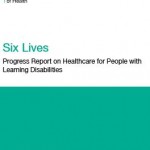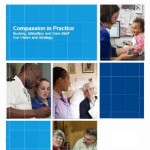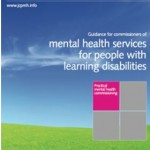
The Six Lives report in 2009 investigated the provision of public services to people with learning disabilities following the deaths of the six people with learning disabilities highlighted in Mencap’s Death by Indifference report. The Department of Health in its response committed to providing progress reports on the recommendations and this report has been recently [read the full story…]








